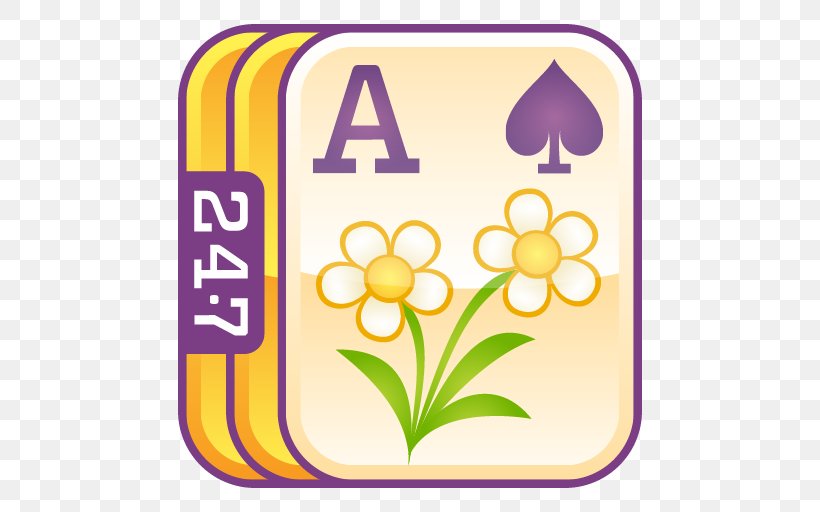Freecell 247 Solitaire
- FreeCell Solitaire is perfect for beginners! A different approach to the game, but still very easy to follow. All of the cards are flipped at the start and there is extra space to move the cards that are in your way. The Solitaire game, where every round is solvable!
- Enjoy the best Freecell games on 247 Freecell! Play your favorite classic freecell or six freecell variations all for free with no download! Klondike Solitaire. Patience Solitaire. Spider Solitaire. Spiderette Solitaire. Card Game Solitaire. Card Game Freecell.
- Freecell is players with 52 cards and, just like Klondike Solitaire, build stacks in descending order and opposite color. Also, just like regular solitaire, beat freecell solitaire when all cards are in the four foundations in the top-right corner.
If you just love classic freecell, up your freecell game with this brand new variation on 247 Freecell. Add an extra deck of cards to the classic favorite freecell and you'll have Double Freecell. It's almost like you're playing two freecell games in one.
Make your freecell game day a bit easier with the variation of Eight Off Freecell. The game is played exactly the same as Classic Freecell, except you got lucky with eight open cells to play with! Eight columns of cards with only one deck means you'll have less cards to clear away during your Eight Off Freecell game. Place all the cards into the foundations based on suits. Complete all the foundations Ace to King to win 8 Off Freecell!
- Eight Off Freecell is the perfect game for beginner players.
- 8 open cells makes classic freecell much easier.
- Play 8 Off Freecell with your kids or your friends

DISCLAIMER: The games on this website are using PLAY (fake) money. No payouts will be awarded, there are no 'winnings', as all games represented by 247 Games LLC are free to play. Play strictly for fun.

Freecell 247 Solitaire
Freecell 247 Solitaire One Card
FreeCell is a solitaire game that was made popular by Microsoft in the 1990s. One of its oldest ancestors is Eight Off. In the June 1968 edition of Scientific American Martin Gardner described in his 'Mathematical Games' column, a game by C. L. Baker that is similar to FreeCell, except that cards on the tableau are built by suit instead of by alternate colors. This variant is now called Baker's Game.
Paul Alfille changed Baker's Game by making cards build according to alternate colors, thus creating FreeCell. He implemented the first computerized version of it for the PLATO educational computer system in 1978. The game became popular mainly due to Jim Horne, who learned the game from the PLATO system and implemented the game as a full graphical version for Windows. This was eventually bundled along with several releases of Windows.
- Shuffle, then deal the 52 cards face up in 8 columns with each card visible but only the end card of each column fully exposed. Four columns will have 7 cards, the others only 6.
- Apart from the columns, there are four single card free cells and four suit piles (foundations). The objective is to get all the cards into the foundations.
- Single exposed cards may be moved:
- Column to column, placing the card on a card of the next rank and different colour suit. (E.G. Place a red 3 on a black 4.) (Aces are low.). Empty columns may be filled with any suit or rank.
- Column to FreeCell, any exposed card as long as there is an empty cell.
- FreeCell to Column, as column to column.
- Column to suit home pile. Next card in order, starting with the Ace, ending with the King. Each suit is completely independent.
- FreeCell to suit home pile. As column to suit home pile.